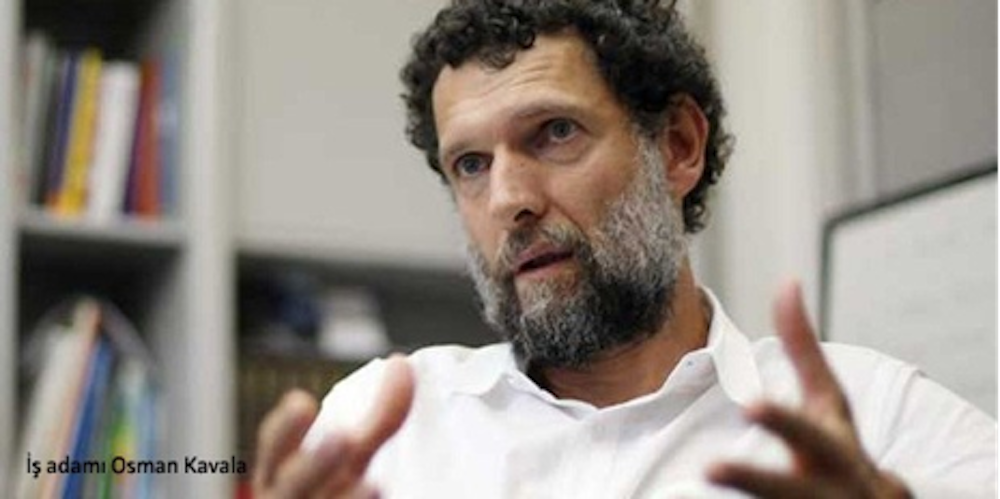
Prominent Turkish cultural figure Osman Kavala was detained late Wednesday evening at Atatürk Airport in Istanbul, in what Turkish counter-terrorist police claim to be a secret investigation. There has been no official statement from the Turkish police or government, and details have yet to be revealed about any specific allegations that prompted the arrest, Reuters reports.
Kavala was returning from Gaziantep where he had traveled to in order to discuss a project with Germany’s outpost cultural organisation, the Goethe Institut.
Businessman and peace activist, Kavala is the chairman of Anadolu Kültür (Anatolian Culture), a cultural nonprofit that was established by various art world individuals from the country in 2002. The organization works to overcome differences with Turkish society through the promotion and support of arts and culture, and it campaigns for artistic rights and cultural diversity with a focus on Kurdish issues. In addition, it aims to promote artistic and civil dialogue with Armenian artists. Kavala is widely known for his pro-Armenian activities.
He is also the founder of the International Peace and Reconciliation Initiative (IPRI) launched in late 2012 in response to an international call for the peaceful resolution of the tensions surrounding the Kurdish population in Turkey.
The detention of Kavala further escalates unrest across the country and is the latest in a string of arrests of cultural and political activists, including Swedish and German nationals, prompted by the state of emergency declared by president Recep Erdoğan after last year’s failed military coup.
“Very disturbing news that Osman Kavala has been detained in Istanbul,” the European Parliament’s rapporteur on Turkey, Kati Piri, wrote on Twitter.
According to Germany’s Deustche Welle, France’s foreign ministry has expressed their concern at Kavala’s arrest and detention, calling him “one of the most important and respected figures of the Turkish cultural scene and of civil society.”